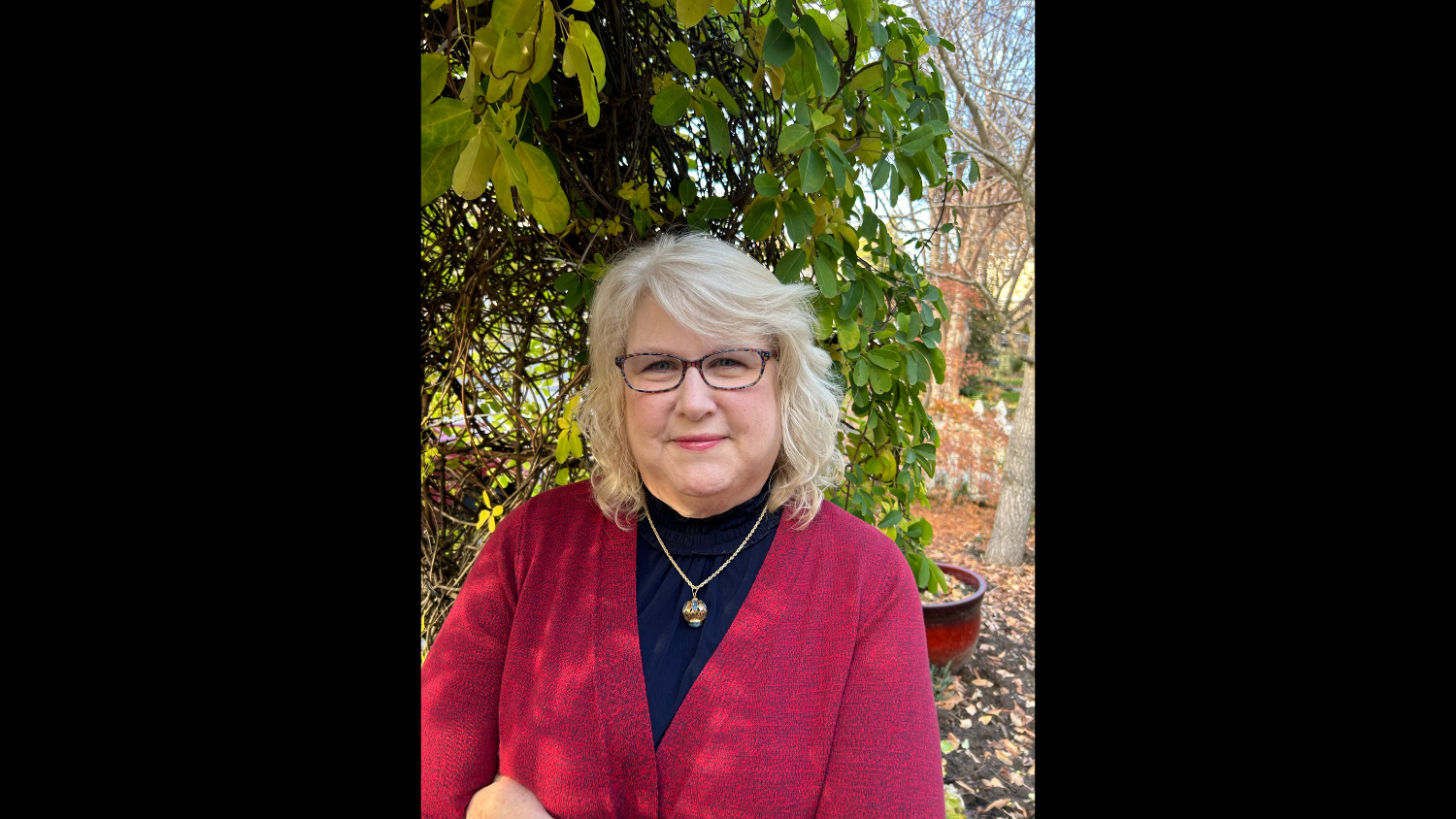2016 Spring Symposium: Emerging Issues in Integrated Behavioral Heath Care
The spring 2016 symposium, Integrated Behavioral Health: Emerging Models of Health Care was held March 2nd and drew over 200 attendees from around the state. Students representing seven different universities were in attendance. A range of professionals including social workers, physicians, nurses, pharmacists, addiction specialists, counselors, health directors and policy advocates came together for a day of engaged learning and professional networking. As keynote speaker Sharon Dempsey conveyed, “Our systems are broken because we do not take into account the body-mind connection.” The symposium provided workshops and discussion opportunities to address broken or fragmented systems as well as ways to provide services to patients and clients that treat both physical and behavioral health.
In 2014, the NC State Department of Social Work was awarded a Health Resources and Services Administration (HRSA) grant to increase the number of clinical social workers that serve person 16-25. With 2016 being the second year of funding the Department of Social Work decided to host a statewide symposium to inform and engage stakeholders, researcher, educators, and consumers of services. As a HRSA grantee we place special emphasis on medically underserved and rural communities as well as enhanced clinical skills and knowledge. The symposium introduced and highlighted integrated behavioral health care models. Presenters from Moses Cone Health Center for Children, Campbell University School of Pharmacy, Integrated Behavioral Health Solutions and NC State University provided innovative knowledge and content to the discussion. The lunch panel discussion, led by community agencies representatives from Johnston County Public Health, SouthLight Healthcare, NC Central University, UNC Wakebrook and Southeastern Health of NC engaged the audience with practice and agency specific experiences and goals.
The goals of the symposium were to provide an overview of the Integrated Behavioral Health Model in Primary Care including:
- Current challenges in NC (lack of access to health and mental health care, costs, high non-emergent emergency room visits, lack of knowledge of training, duplication of services, providers in silos)
- Changes in mental health reimbursement
- Impact of Behavioral Health Integration on Older Adults and Caretakers
- Pharmacological Perspective of Alcohol and Opioid Use Disorders
- Foster Youth and Vulnerable Populations in Integrated Health Care
This project is supported by the Health Resources and Services Administration (HRSA) of the U.S. Department of Health and Human Services (HHS) under G02HP27948-01-00 for Behavioral Health Workforce Education And Training For Professionals in the amount of $1,086,448.00. More than 60% of this event is funded by nongovernmental sources. This information or content and conclusions are those of the author and should not be construed as the official position or policy of, nor should any endorsements be inferred by HRSA, HHS or the U.S. Government.
Please Enjoy These Photos of Our Symposium
- Categories:











